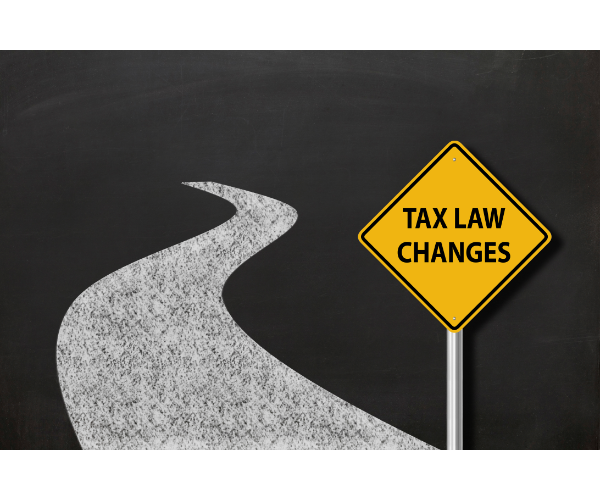Ahhh, sunsets. The word conjures beauty, peace, and signals that it’s time to rest after a busy day.
Unless you are a CPA. For those poor suckers, sunsets have them stressing over – eeeek – changing tax laws. Specifically, the pre-ordained ending of many tax code changes in the Tax Cuts and Jobs Act of 2017.
The TCJA did indeed cut taxes for many, but the provisions were never meant to be permanent. Thus the “sunset.” Unless Congress acts to stop it, many of the changes provided in the TJCA will go back to pre-2017 rules starting in January 2026.
In the first of a two-part blog (two parts because there are FIVE darned Thursdays in February and I needed to stretch one week’s worth of content into two), here are the main three provisions of the TCJA that affected most people. And that will make the most people sad if they go away.
Restructured tax brackets.
Currently, there are seven income tax rates: 10%, 12%, 22%, 24%, 32%, 35%, and 37%. Prior to 2017, the brackets were 10%, 15%, 25%, 28%, 33%, 35%, and 39.6%. If the sunset goes into effect, the 2026 brackets will go back to these higher percentages.
The standard deduction went way up.
Prior to 2017, All the Single Ladies (and Gentlemen) got to deduct $6,500 from their income to arrive at their Adjusted Gross Income. The TCJA increased that to $12,000. Married couples’ standard deduction went from $13,000 – $24,000.
This meant that tons more people could file their taxes more easily and without itemizing deductions (mortgage interest, charitable contributions, etc.) and still get a good chunk taken off of gross income for calculating their tax bill.
If the sunset happens, you will see a whole lot of people going back to itemizing their tax returns. Maybe good for tax-preparer businesses, but not great for tax payers.
Estate Taxes.
Under the TCJA, individuals can currently transfer up to $12.92million (2023 limit) and couples can transfer up to $25.84million from their estates (during their lifetimes, or upon death) without estate tax. I don’t know too many people personally with that kind of wealth, so estate taxes for those strategic enough to die between 2017 and 2026 could be low to nothing.
Fast forward to 2026, and the estate tax exemptions will drop to $5.6million for singles and $11.2million for couples. Still not chump change to be able to pass along estate tax free. However, in those numbers, you might find a lot more family owned businesses or people who just did pretty good saving, rather than just affecting the uber-rich.
Of course, there were many other changes that came and will now likely go, but those were the top three.
We’ve discussed What Might Happen. Next week, I’ll barely scratch the surface of What to Do About It.



